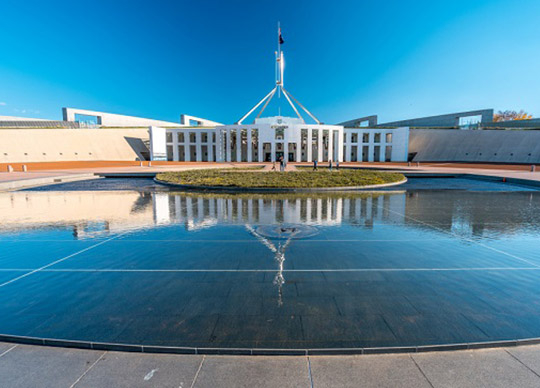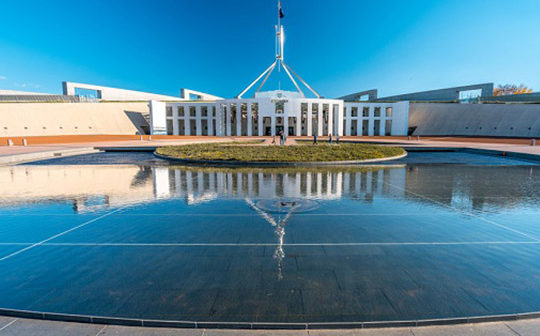
Australia’s new development policy must focus on climate change, grapple more effectively with China’s presence, and address large skills gaps within the Department of Foreign Affairs (DFAT), according to 100 foreign policy experts whose views have been exclusively collated in a new report by the Development Intelligence Lab.
With the federal government recently announcing a review of Australia’s development policy, the Development Intelligence Lab interviewed 50 Australian foreign policy experts and 50 foreign policy experts from the region. The Lab then used a unique points-allocation methodology to crunch the responses into its new Pulse Check. Among the key findings:
- Climate change is the biggest trend shaping development in the region and it is no longer enough for Australia to merely speak about its importance. Rather, it must generate credibility in the sphere through its domestic emissions policy. Experts sounded the alarm that inaction on climate is actually one of the top things Australia is known for in the region.
- Australia’s efforts to contend with China through our development program have been ineffective, short-sighted, and have not won us long-term friends. The consensus view is that Australia has been overly driven by geostrategic considerations at the expense of development outcomes and that this has been counterproductive to Australia’s goals and national interest. Many experts suggested Australia should cease efforts to ‘outbid’ China on landmark projects aligned with elites in the region and instead focus development on areas of strength like locally led development, governance, and state capability.
- DFAT capability is a major weakness of Australia’s development program, with strategic direction, adaptability, ability to progress locally led development, expertise, and resourcing and governance the top five weaknesses identified. Capacity building within DFAT was considered urgent.
“It’s universally acknowledged that Australia must revitalise its approach to development, but we also can’t fix everything at once. This new research enables us to zero in on the key areas where change is most desperately required,” said Development Intelligence Labs chief executive Bridi Rice.
“The experts were clear that China’s growing presence in the region was a huge factor and that Australia has not been responding effectively to date. The general perception is that Australia’s efforts to compete with China through the development program have been short-sighted and have not won us long-term friends in the region.
“The broad recommendation from our experts is that instead of getting into a bidding war with China on short-term infrastructure projects, Australia can be a better friend to the region — and build stronger strategic connections — by focusing on integrity and being seen as values-driven instead of expedient. Programs focusing on gender equality, governance, and labour mobility are areas where Australia has a unique advantage in the region.
“It was interesting to learn how much consensus there was about the need for the Department of Foreign Affairs to improve its capability especially when it comes to engaging on locally-led development efforts.
“It’s disturbing to discover that inaction on climate is actually now one of the top things Australia is known for in the region. The consensus from the exports is if we want to be an effective and trusted partner in our region we need to demonstrate we are serious about addressing this issue that hits so hard, and so close to home, for our neighbours.
“Foreign Minister Penny Wong will certainly have no shortage of issues to contend with as she aims to drive effective reform of the Department and Australia’s development agenda.”






